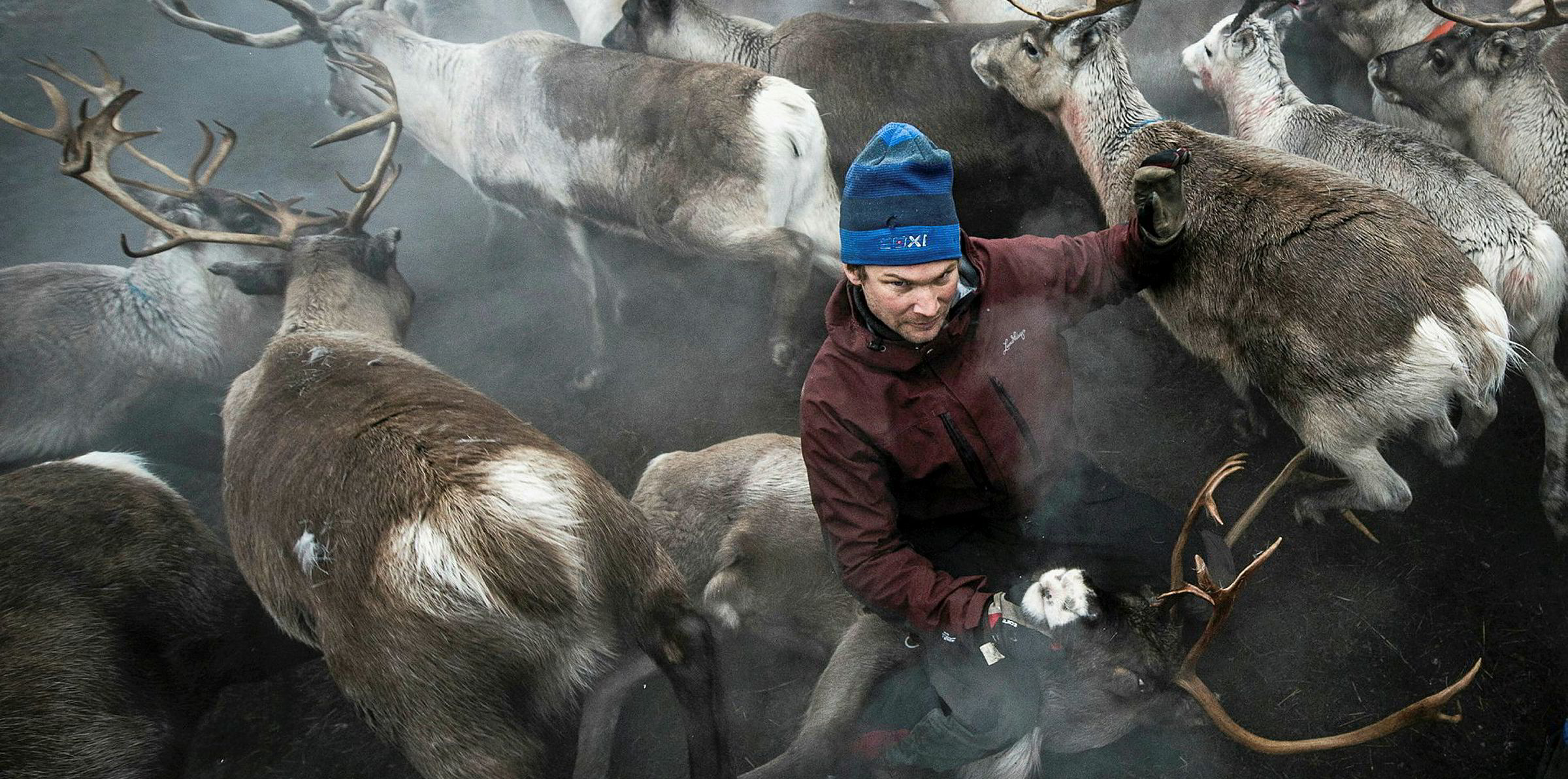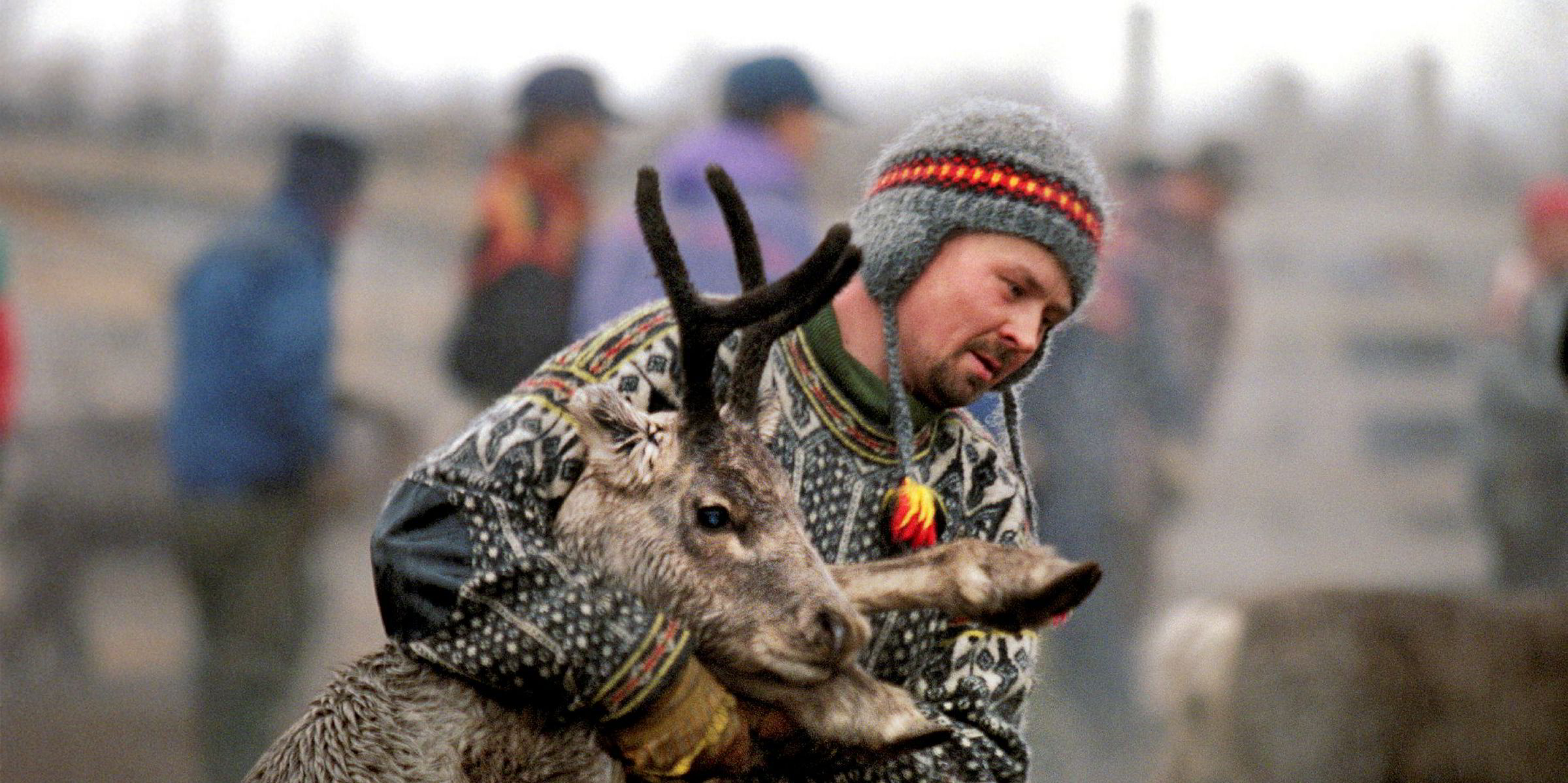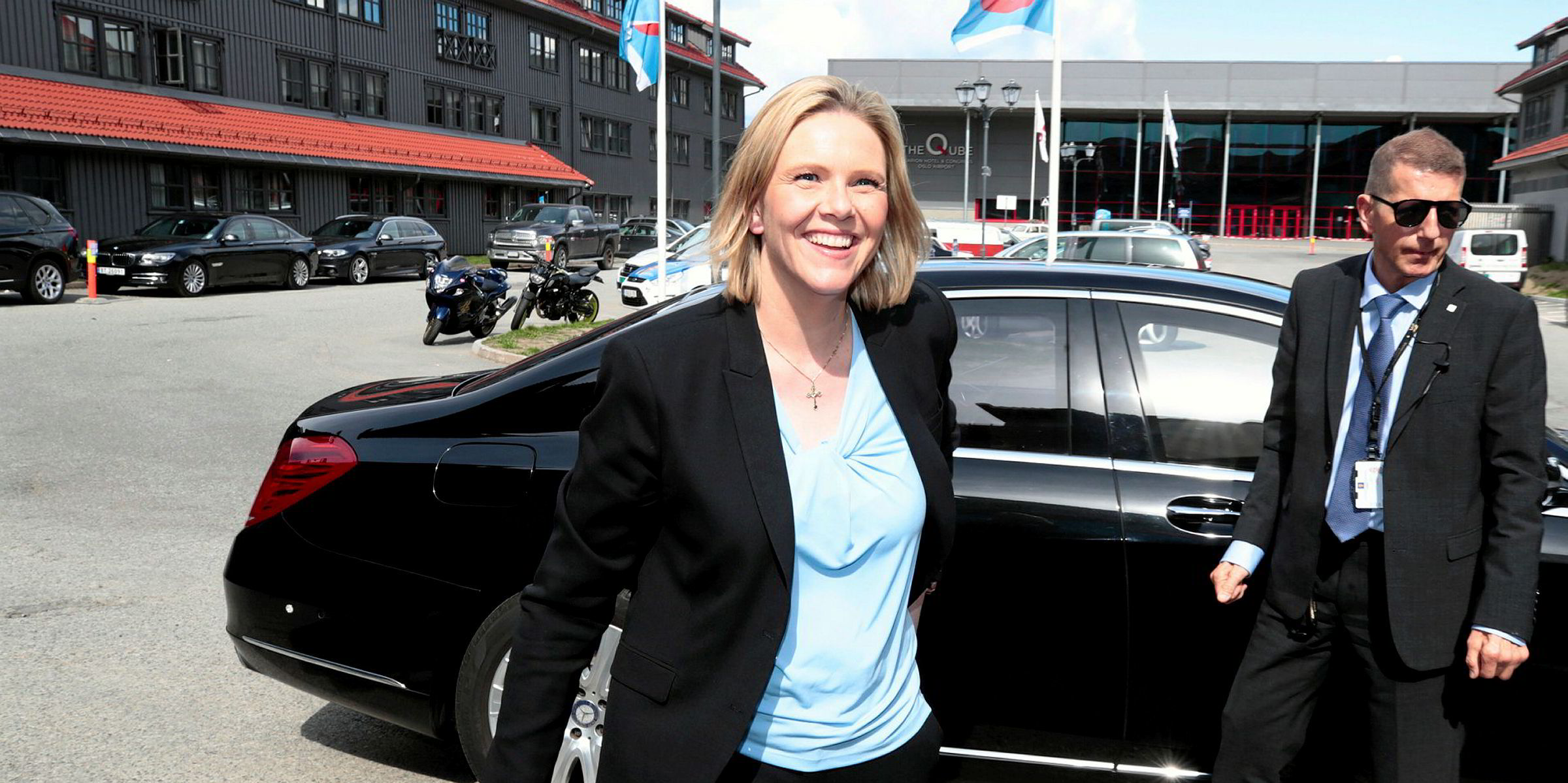Campaigners lodged a new human rights complaint against what's set to become Europe’s largest operating onshore wind farm – the 1GW Fosen project in Norway – over claims it could destroy the way of life of indigenous reindeer herders.
The Swiss chapter of Society for Threatened People (STP) lodged a grievance under the OECD's Guidelines for Multinational Enterprises over the impact on the Sami community of the Storheia wind plant, one of six sub-projects that make up Fosen.
STP lodged the complaint against BKW, the Bern-based utility that’s a minority investor in Fosen, which is led by Norwegian state-controlled power group Statkraft and will become the continent’s largest onshore project when completed later in 2020.
STP claims Storheia – at 288MW the largest Fosen sub-project, which began operating last year – has wrecked pastures crucial to the Sami for reindeer herding and breeding, threatening a way of life thousands of years old.
The organisation claimed BKW ignored pleas to use its influence as an investor to protect the Sami’s interests. “Sustainability also includes respect for human rights. The energy transition must not be at the expense of indigenous communities. This contradicts the principle of climate justice,” said the STP.
Storheia is operating despite a 2018 request from the UN Committee on the Elimination of Racial Discrimination to halt work for further investigation over its impact on the Sami. That request was rejected by the Norwegian government in a move condemned by Sami leaders interviewed then by Recharge.
BKW referred Recharge to a pre-prepared statement on Storheia in which it claims Fosen only advanced after an extensive consultation process that included all parties, including the Sami community, and in full compliance with all local regulations.
The utility said if the project threatened the herders’ entire way of life, as alleged, it “would never have been approved. Norway is an established constitutional state, which guarantees the interests of indigenous people in the constitution and takes them into account in case law”.



